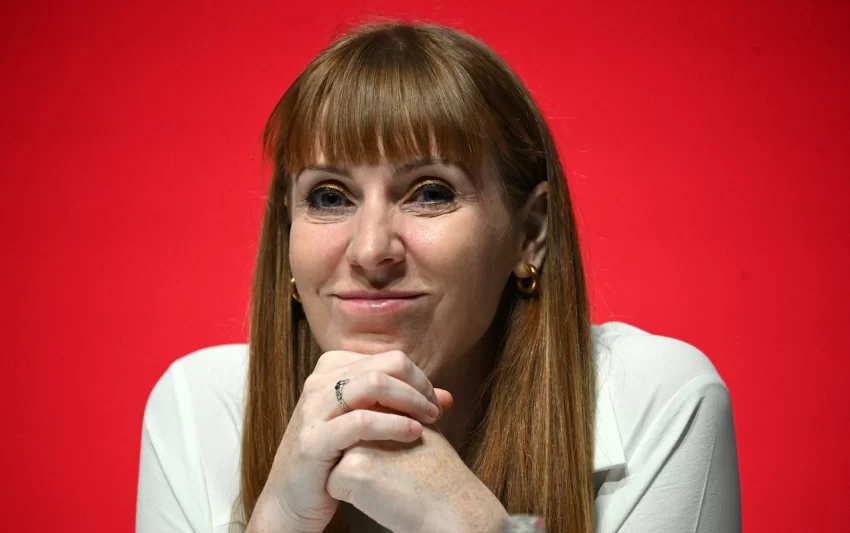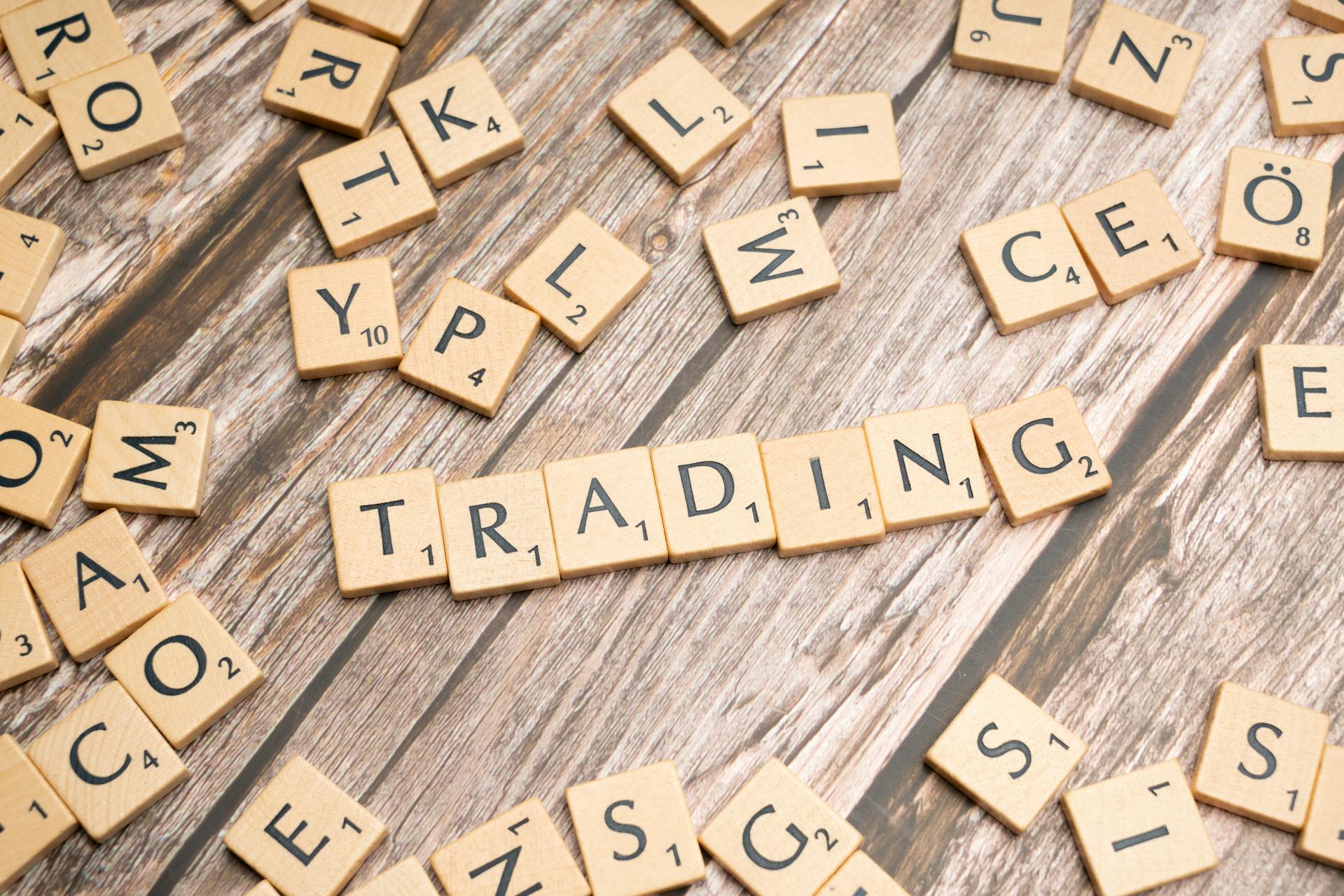UK fights to preserve animal welfare standards in Brexit reset deal
LONDON — Brexit Britain wants to become an offshore haven: not for low taxes or deregulation, but for animals.
In May, Keir Starmer announced plans to align with EU rules on agriculture and food standards — in a bid to smooth trade with the U.K.’s largest neighbor.
But behind the scenes, London wants an exception to the rules: keeping the stricter animal welfare standards brought in since Brexit.
The U.K. last year prompted cheers from NGOs by banning the export of live animals for slaughter. Ministers said the practice — legal in the EU — “causes animals unnecessary stress.”
London has also swooped in to protect sea birds and sand eels from rapacious EU fishermen and has signaled plans to legislate foie gras off British menus.
It’s all a bit of a departure from EU rules, when alignment — to protect the integrity of the bloc’s single market — is the price of lifting the troublesome border checks.
Two people familiar with preparations for U.K.-EU talks told POLITICO that London was keen for an explicit carve-out on animal welfare in the U.K.-EU Sanitary and Phytosanitary Agreement.
One of the people, a British official who was granted anonymity to discuss the talks, said the government did not want the negotiations to become “a race to the bottom on standards.”
Precedents
The roadmap for negotiations agreed by Starmer and European Commission president Ursula von der Leyen at a summit in the spring already concedes that the SPS deal will “include a short list of limited exceptions.”
As POLITICO has previously reported, the U.K. is expected to push for a carve-out for selective-bred crops to be on this list. But it’s also seen as a vehicle for London’s animal welfare aspirations.
It wouldn’t be the first time Brussels has indulged a third country on the matter.
The SPS agreement the EU has with Switzerland — seen as a model for the upcoming British accord — also includes its own carve-out on animal welfare.

“Switzerland was able to maintain some of its animal welfare standards, which are higher,” Professor Emily Lydgate from the U.K. Trade Policy Observatory told the House of Lords European Affairs Committee last month.
Politically, such an exemption would also make things much easier for the British government.
Starmer’s EU reset plans have so far faced little substantial political opposition — even from hardline Brexiteers. But throw in a bit of animal cruelty, and voters might start to take a rather dimmer view of the whole exercise.
The British prime minister, who once purchased a field in the leafy English county of Surrey so his mum could look after rescue donkeys, probably knows better than to mess with Britain’s animals.
“One of the main platforms those who wanted to leave the EU stood on when campaigning for Brexit was that we would be able to improve animal welfare standards, it is therefore essential that any agreement that is entered into still allows the UK to have higher animal welfare laws,” Edie Bowles, executive director at The Animal Law Foundation said.
“Not only that, we should ensure that those animal welfare standards are robust and not undermined by lower welfare imports. The U.K. public cares deeply about animal welfare and wants to see it paid more than just lip service.”
Two-way street
It’s possible the SPS deal might not end up being just a one-way street on animal welfare.
Bowles said the U.K. had just lowered legal protections for chickens by “legalizing the practice of handling chickens by their legs, which causes significant welfare issues and is currently prohibited in the EU.”
She added that it was also “essential that along with not accepting lower welfare imports the U.K. does not fall behind the EU … what the public want is an agreement in place that encourages a race to the top between the two parties, rather than a race to the bottom.”
There may end up being some compromises. Ahead of last year’s general election Labour’s environment chief Steve Reed said his party would “ban the commercial import of foie gras, where ducks and geese are aggressively force-fed.” Some commentators have since noted that ministers are yet to re-state this plan in government.
Asked about plans for a carve-out, a U.K. government spokesperson said: “Following the UK-EU Summit we will be finalising the details of our SPS agreement, which will make trade with our biggest market cheaper and easier. We won’t get ahead of those negotiations but we have been clear about the importance of setting high animal welfare standards.”




















:quality(85):upscale()/2023/09/18/918/n/1922398/a1136b676508baddc752f5.20098216_.jpg)
:quality(85):upscale()/2025/10/09/670/n/1922283/00b944c868e7cf4f7b79b3.95741067_.jpg)
:quality(85):upscale()/2025/10/15/765/n/1922398/29c37a6e68efd84bb02f35.49541188_.jpg)
:quality(85):upscale()/2025/09/09/891/n/1922283/7222624268c08ccba1c9a3.01436482_.png)
















